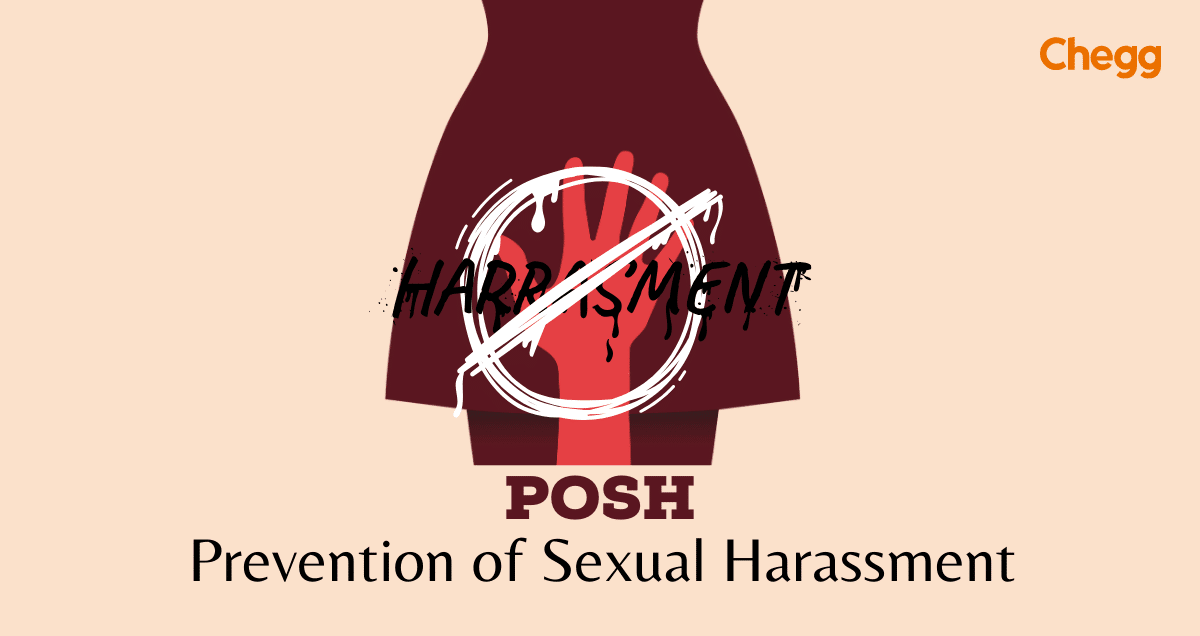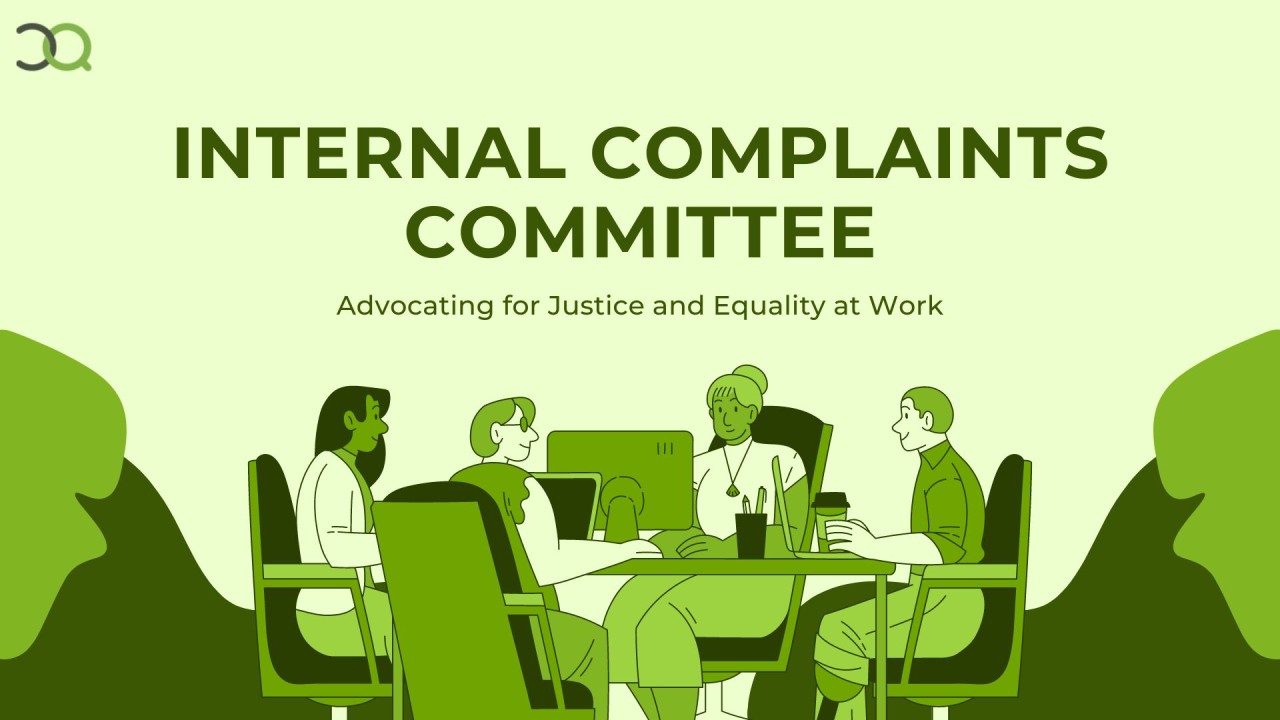Sexual Harassment Violates Women’s Rights Under Articles 14, 15, and 21
The Sexual Harassment of Women at Workplace (Prevention, Prohibition and Redressal) Act, 2013, commonly referred to as the POSH Act, is a significant piece of legislation in India aimed at preventing sexual harassment against women in the workplace. Internal Complaints Committee is an essential element to enforce the legislation.
Indian law treats sexual harassment of women at the workplace as a cognizable and bailable offence. The act requires that every employer should constitute a Committee to be known as “Internal Complaints Committee” by an order in writing. Multiple committees should be created, one for each different office location.
Members of the committee
Employer should nominate members of the committee. Nomination should be done in such a manner that atleast 50% of the total members are women. A Presiding officer, one member from an NGO or associations working for women’s cause or a person familiar with sexual harassment issues & not less than 2 members who are employees committed to women’s cause or with experience in social work or having legal knowledge will constitute the committee.
Employer should choose a woman employed at a senior level at workplace amongst the employees to be the presiding officer. Employer should select a senior level women employee from a different location, If not available in one location. And if there is no such candidate available, nomination should be done from any other workplace of the same employer or other department or organization.
Each member will hold the office as specified by the employer. The period of holding office cannot exceed three years from the date of the nomination. Member selected from the NGO’s or associations will be paid by the employer as prescribed, for holding the proceedings.
Removal of members
Sec 4(5) talks about the circumstances in which the members of the committee can be removed described as follows :
- Member contravening the provisions of sec 16 i.e publication or making known the contents of the complaint and inquiry proceedings.
- Member has been convicted for an offence or an inquiry into an offence is pending against him.
- Either the member has been found guilty in any disciplinary proceeding or such proceeding is pending against him.
- Member has abused his position such that if he continues the office, it will be prejudicial to the public interests.
In all the above mentioned cases, the member will be removed. The vacancies created in this manner or otherwise will be filled by fresh nomination.
If incase you need any legal assistance you can now try our AI Legal Advisor.



